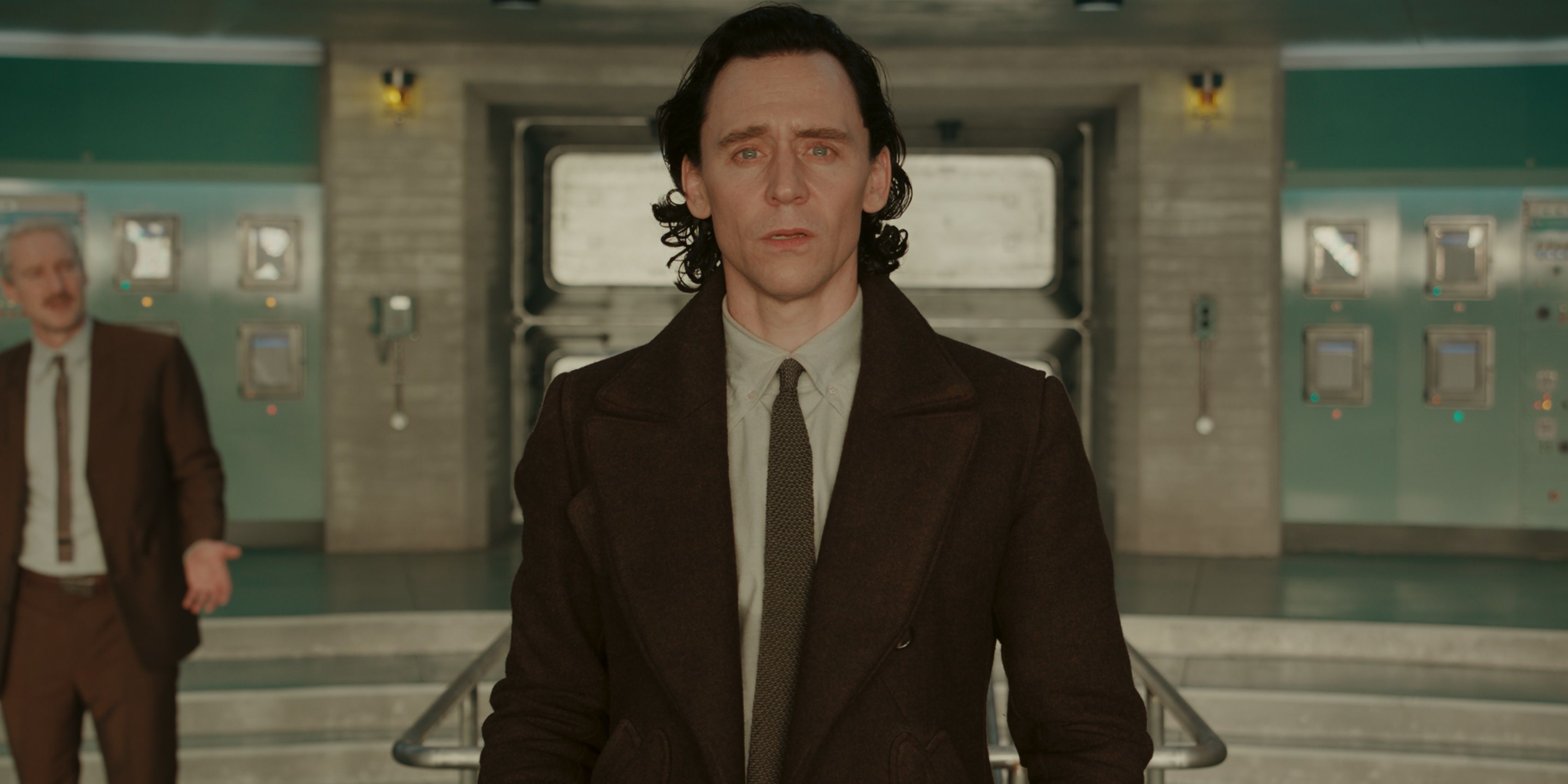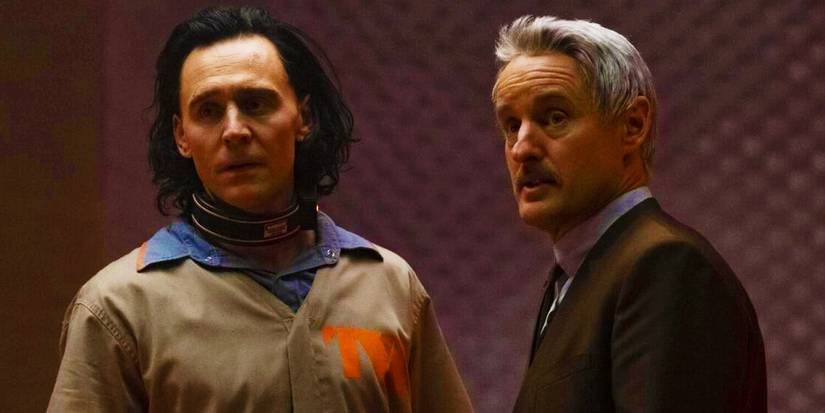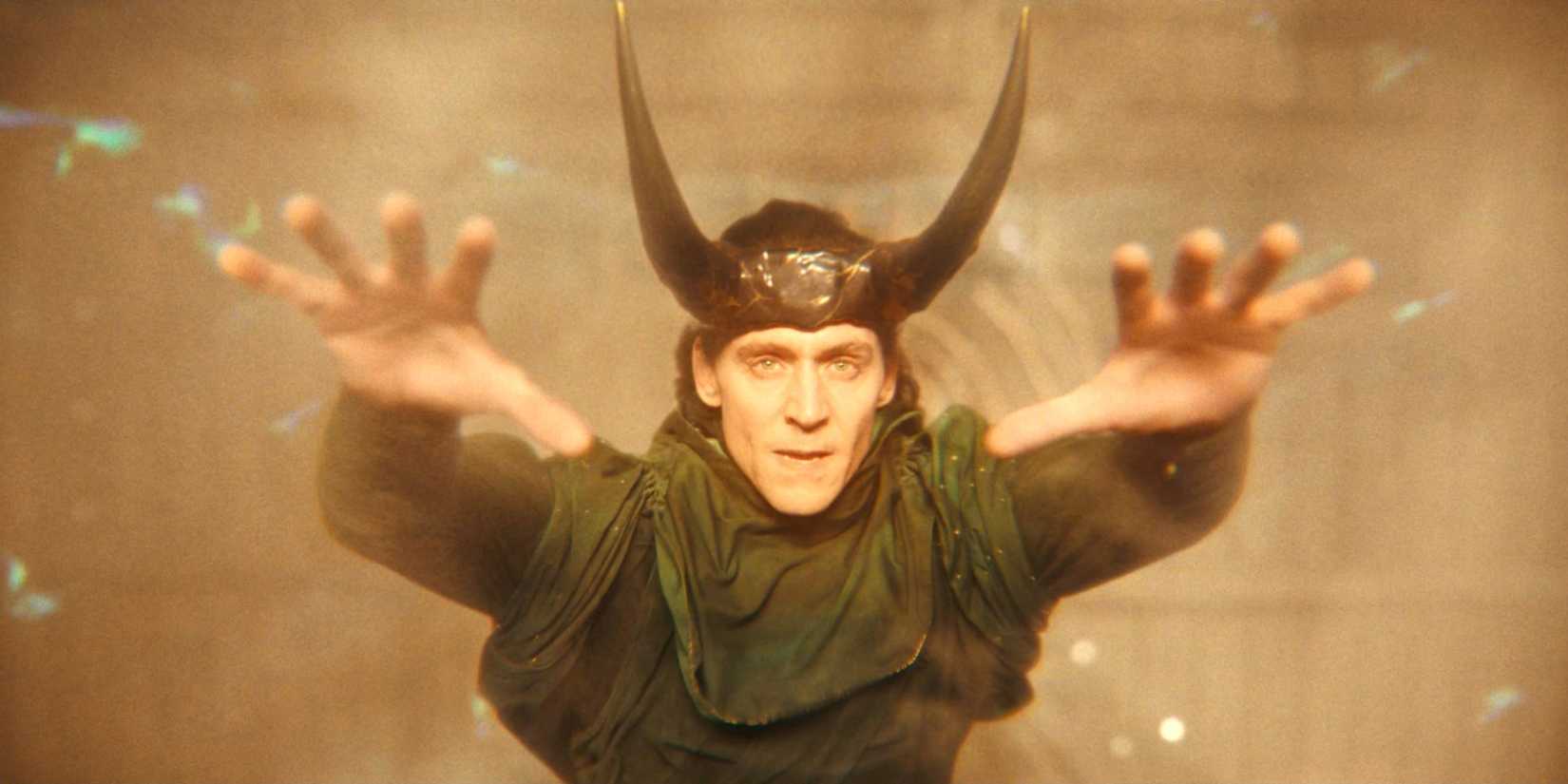
Though it finished airing two years ago, Loki is still considered one of the best shows Marvel has made for streaming. However, rewatching it now reveals some difficult truths. The story begins immediately after Avengers: Endgame, with a 2012 version of Loki unexpectedly removed from the normal timeline and forced to work for the Time Variance Authority.
Along with shows like X-Men ’97 and Hawkeye, Loki is among Marvel Studios’ best TV offerings. However, a second viewing reveals it’s not without its weaknesses.
Loki Only Scratched The Surface Of Its Time-Traveling Procedural Premise

The first season of Loki introduced a compelling sci-fi concept. Similar to The X-Files, it’s essentially a buddy-cop story about two investigators dealing with unusual, interdimensional cases. Loki and Mobius travel across time to investigate these events, and this setup had the potential for many episodes, but the show only explored a small part of it.
The first season had a few strong standalone episodes, but the show mainly focused on its bigger, ongoing storyline. By season two, they dropped the standalone format completely and shifted to a new way of telling the story. While the core idea is fantastic, the show doesn’t fully develop it, leaving a lot of potential untapped because Marvel didn’t delve deeper.
The Other Lokis Deserved More Screen Time

The fifth episode of Loki season 1, titled “Journey into Mystery,” finds Loki stuck in a strange place called the Void. While there, he meets different versions of himself, including Alligator Loki, Boastful Loki, Classic Loki, and Kid Loki. Several other Loki variants also make brief appearances, such as President Loki.
The show didn’t fully capitalize on its interesting concept of multiple Lokis, limiting them to a single episode. Richard E. Grant’s portrayal of Classic Loki, for example, was strong enough to be a recurring character. Given Loki’s self-centered personality, exploring interactions with different versions of himself offered a lot of potential for both humor and compelling drama.
Loki’s Season 1 Finale Relies Too Much On The Kang Reveal

Wow, episode five of Loki’s first season really felt like the end! That battle with Alioth in the Void was a spectacular climax, and honestly, when the Citadel appeared, I thought, ‘Perfect! That’s a great place to leave us hanging for a season two!’ But no, they had one more episode. It led to Loki and Sylvie finally meeting the person who actually lived in the Citadel, which… well, let’s just say it felt a little anticlimactic after that explosive high.
After Jonathan Majors appears as the powerful Kang, the focus shifts away from Loki and onto him. The season finale heavily emphasizes introducing Kang as the MCU’s next major villain, overshadowing the story arc of Loki and Sylvie. This ultimately weakens the series as a whole.
The Rules Of The MCU’s Multiverse Are Woefully Inconsistent

The Marvel Cinematic Universe’s introduction of the multiverse initially felt like a great idea, and it’s largely delivered on that promise. We’ve seen exciting team-ups, like the three Spider-Men uniting and characters from the former Fox Marvel properties joining the MCU, plus unique adventures like the journey with Doctor Strange and America Chavez.
The rules for the multiverse in Marvel Cinematic Universe movies have been confusing and don’t always make sense. It seems Marvel changes the rules whenever it fits the story they’re trying to tell. For instance, in the show Loki, a weak explanation is given for why the Avengers’ time travel in Endgame was allowed, while others aren’t permitted to do the same thing.
Loki’s Run Was Much Too Short

Though it only ran for two seasons, each with six episodes – the same length as the classic comedy Fawlty Towers – Loki attempted a much larger story. While Fawlty Towers focused on hotel mishaps, Loki dealt with time travel, alternate realities, and established a villain for future Marvel stories. Loki really needed a few more seasons and more episodes to fully explore its complex plot.
Initially, when Marvel Studios started making TV shows, they didn’t fully embrace the format. The early series felt like extended movies broken into episodes. This affected shows like Loki, which had a great concept for a continuing sci-fi series, but was limited to short seasons and ultimately only lasted two seasons.
Kang Ended Up Being Scrapped As The MCU’s New Big Bad

Ultimately, the purpose of Loki was to introduce the next major villain in the Marvel Cinematic Universe after Thanos was defeated. The first season finale effectively showed how dangerous Kang—or “He Who Remains”—could be, and the second season built upon that, turning him into a threat on the scale of the Avengers’ biggest enemies.
Ultimately, all the build-up surrounding Kang as the major villain in the Marvel Cinematic Universe didn’t matter, as Marvel decided to go with Doctor Doom instead. This means that revisiting the Loki series feels like watching a story arc that will never fully happen. Kang’s potential as a major threat ends up being dismissed with just a quick mention at the end.
Loki Season 1 Had A Much Clearer Vision Than Season 2

Both seasons of Loki are good, but the first season tells a more focused and streamlined story. The entire first season was directed by a single director, Kate Herron, giving it a consistent creative vision. Season 2, however, had four different directors, which resulted in a less unified look and feel.
Loki Season 2 Does A Lot Of Wheel-Spinning Before Its Incredible Finale

The finale of Loki was arguably one of the best TV endings in recent years. However, the season leading up to it felt slow and didn’t stand out much, despite some cool visual effects and a charming performance by Ke Huy Quan. It really wasn’t until the very end that the season became truly special.
While sending Loki’s friends to different dimensions and erasing their memories initially presented a compelling conflict, it became predictable as Loki repeatedly attempted to restore their memories. The storyline involving Victor Timely didn’t quite live up to the promise of the captivating mid-credits scene in Ant-Man and the Wasp: Quantumania. Overall, the second season of Loki was fairly average, but it concluded with a truly outstanding finale.
Loki’s Scope Feels Limited

Marvel initially spent large amounts of money on their TV shows, aiming to deliver the same impressive visual experience as their movies. However, this approach didn’t quite succeed. A good example is Loki, where the show often contrasts grand, sweeping images of the TVA with scenes that feel cramped and restrictive for the characters.
While Loki has impressive visual effects, much of the show consists of simple conversations between two characters. Despite having a large budget, the filmmakers essentially created a standard television show and tried to pass it off as a grand cinematic experience, which isn’t very convincing.
Loki’s Season 2 Finale Is Amazing, But It Makes All The Plot Development Pointless

Loki becoming the God of Stories felt like the natural conclusion to his journey, both within the series and throughout the entire Marvel Cinematic Universe. It was a visually impressive moment, but more importantly, it delivered a powerful emotional impact. Loki faced his biggest fear – being alone – and bravely said goodbye to the friends he’d made, all to save the multiverse.
Despite being a fantastic ending, the finale of Loki’s second season unfortunately undermined much of the plot built up throughout the season. While the visually impressive final moments provided a satisfying conclusion to Loki’s journey, it feels somewhat disconnected when you revisit earlier episodes.
Read More
- Clash Royale Best Boss Bandit Champion decks
- Vampire’s Fall 2 redeem codes and how to use them (June 2025)
- Mobile Legends January 2026 Leaks: Upcoming new skins, heroes, events and more
- World Eternal Online promo codes and how to use them (September 2025)
- Clash Royale Season 79 “Fire and Ice” January 2026 Update and Balance Changes
- Best Arena 9 Decks in Clast Royale
- Best Hero Card Decks in Clash Royale
- Clash Royale Witch Evolution best decks guide
- Clash Royale Furnace Evolution best decks guide
- FC Mobile 26: EA opens voting for its official Team of the Year (TOTY)
2025-10-29 05:12